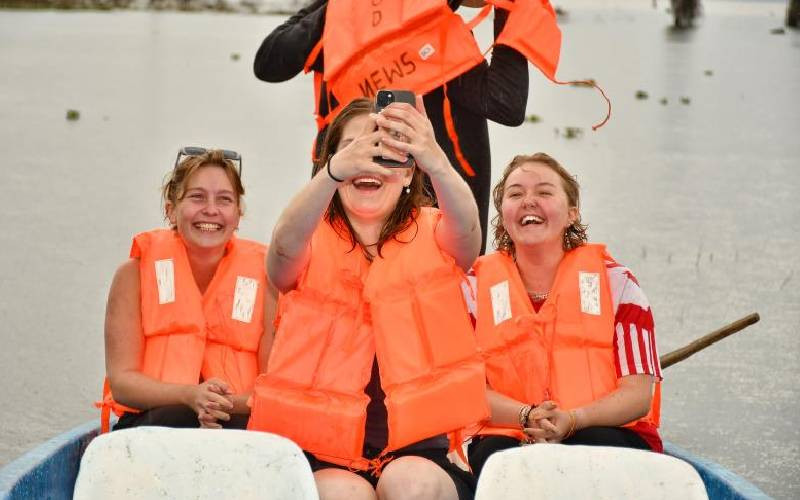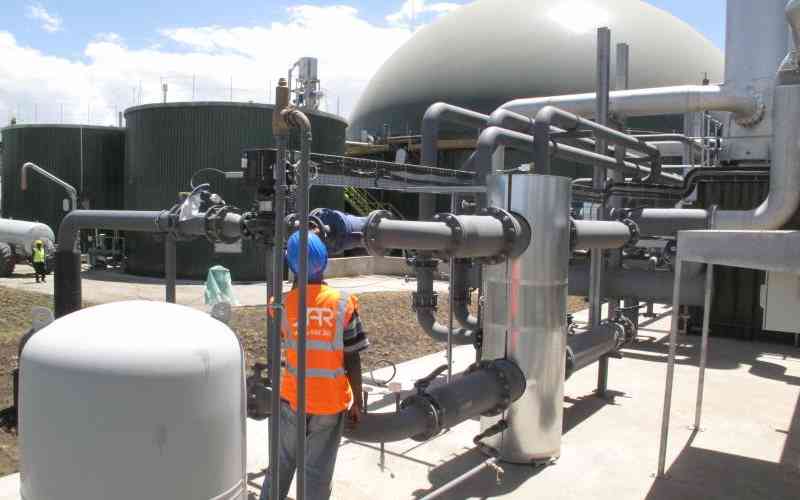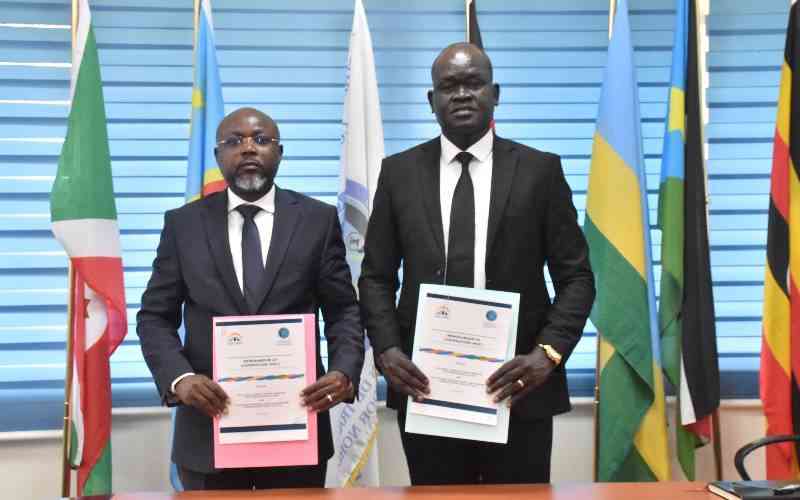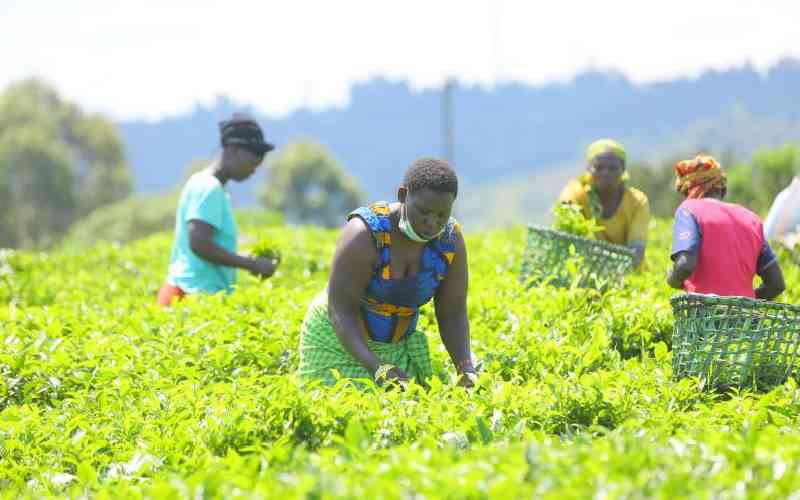×
The Standard e-Paper
Stay Informed, Even Offline
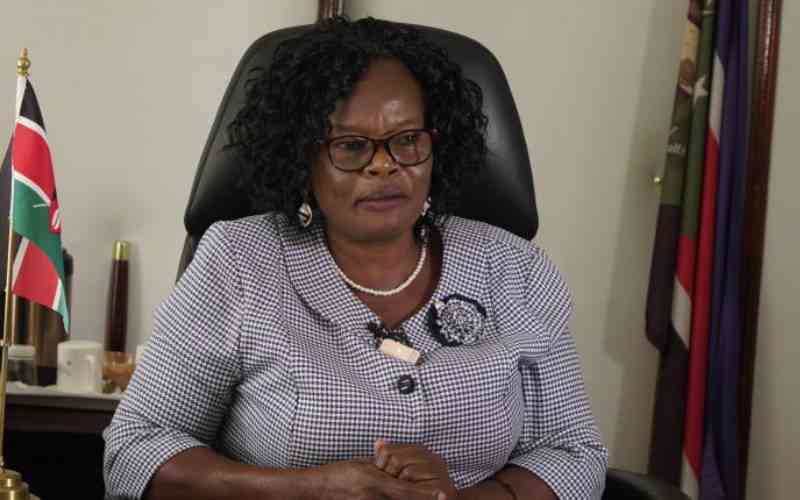
St Thomas Aquinas Chesikaki Secondary School is grappling with an unprecedented crisis.
Located in Cheptais, a village at the foot of Mount Elgon, the school is a colonial-era institution with a rich history dating back to 1972.
